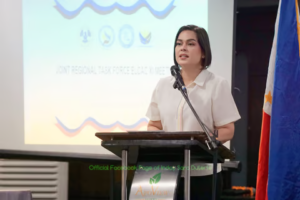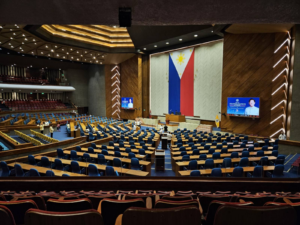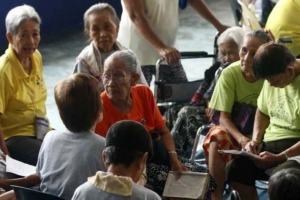
The World Health Organization has advised governments to shift their focus on improving their country’s response to arrest the spread of the coronavirus instead of just waiting for a vaccine to save them.
Even as scientists and experts around the world race to develop vaccines against the novel virus, Dr. Takeshi Kasai, WHO Western Pacific regional director, cautioned government’s against relying solely on a drug instead of taking steps to improve the COVID-19 situation in their country.
“Even if they can really manage and develop safe and effective vaccine, the production capacity would not really meet the demand coming from the entire world,” Kasai said in a media briefing Tuesday.
“I think what is important is that we continue to improve our response and not just hope for the vaccine,” he added.
Time and time again, President Rodrigo Duterte rests the country’s hope on combatting the virus on the development and distribution of a vaccine.
He even said in his last address that a vaccine is the “only salvation available to humankind.”
Last week, Malacañang said the Philippines was slated to do clinical trials for Sputnik V, Russia’s coronavirus vaccine, in October. If the trials are successful, it may be registered with the country’s Food and Drug Administration by April next year.
Doctor Socorro Escalante, WHO Essential Medicines and Health Technologies coordinator, said all candidate vaccines going to production should adhere to safety and efficacy standards.
“WHO on global level continues to coordinate and contact scientists and experts as well as the national regulatory authorities in Russia and we hope to get response in terms of evidence of this new vaccine,” she said.















